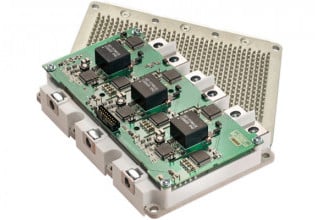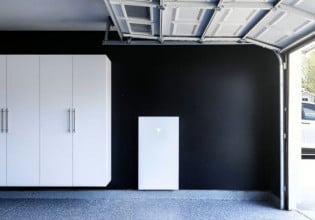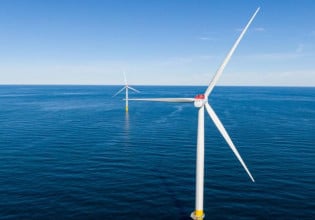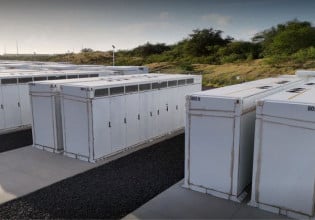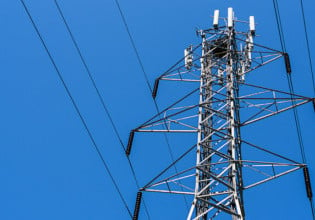The third-annual Darnell's Energy Summit (DES '15) will be hosted in Los Angeles, California, September 29-30, 2015. DES '15 will be a combined event featuring the Twelfth Darnell Power Forum (DPF '15) plus the Seventh Green Building Power Forum (GBPF '15) plus the Sixth Smart Grid Electronics Forum (SGEF '15). DES '15 will feature the next-generation power electronic devices, architectures and systems. Calls for papers have been issued for each of the constituent events.
Each of the individual events will maintain its unique identity and will continue to serve different groups of stakeholders. These co-located events will bring together thought leaders across the areas of advanced power electronics, energy management, micro grids, the smart grid, and related topics of global importance. DES ’15 will leverage the successful track records of the separate events to create powerful opportunities for synergy.
"The unifying theme of this year's Darnell Energy Summit will be ‘software-defined power.’ But no software runs without hardware," stated Jeff Shepard, President of Darnell Group. "Advances in power conversion technologies, emerging wide-band-gap semiconductor materials, micro grids and advanced smart grid implementations will be equally highlighted at this year's Summit," Shepard concluded.
DPF '15 will again be an exciting international event that focuses on "advanced power conversion technologies" needed for the successful development of next-generation power systems. There is tremendous synergy possible from discussions broadly focused on software-defined power architectures, power management, energy efficiency, advanced components, energy storage, new power architectures, and more. DPF is a solutions-oriented event, with a strong emphasis on practical advances in power electronics. In addition to a strong focus on today's "best practices," DPF looks forward toward next-generation solutions and advances.
GBPF '15 will consider all aspects of building power including software-defined microgrids, high- and low-voltage dc distribution, hybrid ac and dc architectures, and dc micro grids. A convergence of technologies is occurring that will change how buildings are powered. These technologies include the continued rapid growth of distributed generation (DG) resources; the emergence of high-efficiency lighting technologies; wireless building automation systems; demand-side management of building energy use by electric utilities; and more.
Control, Communications and Security will be three of the major themes of SGEF '15. The successful deployment of the smart grid and will be dependent on numerous technology and standards developments for electronic equipment. For the smart grid to have benefits, it must be able to reliably communicate to the downstream loads and also be able to turn these loads on/off or turn them up/down as appropriate.


